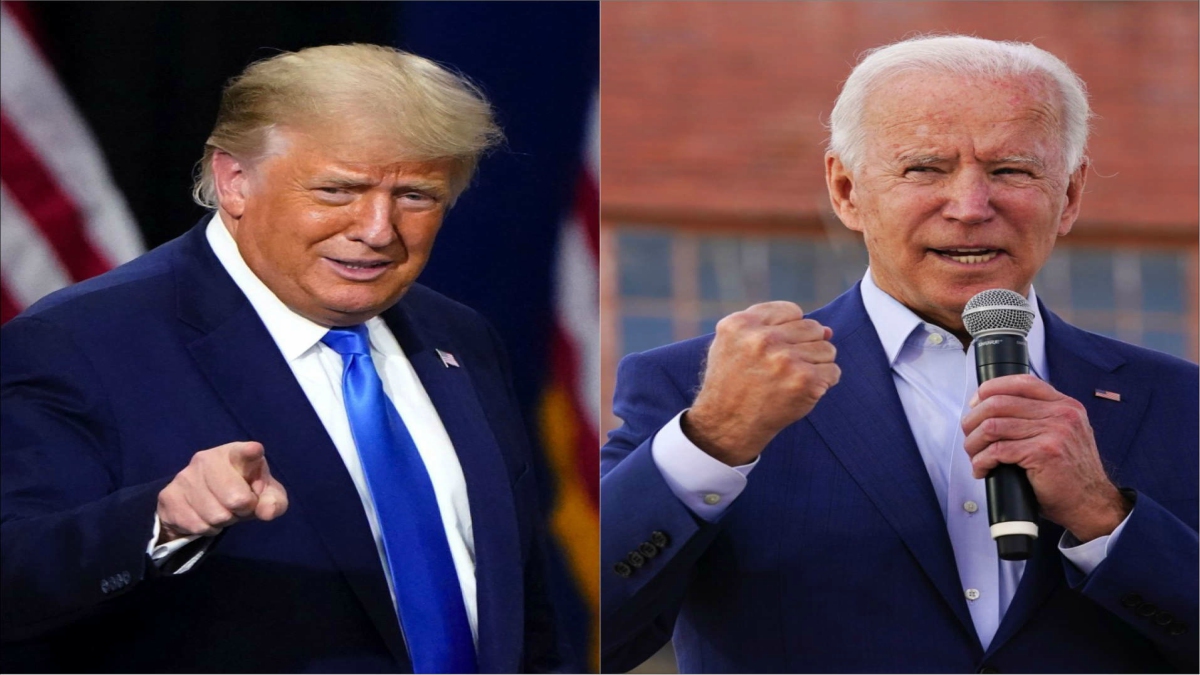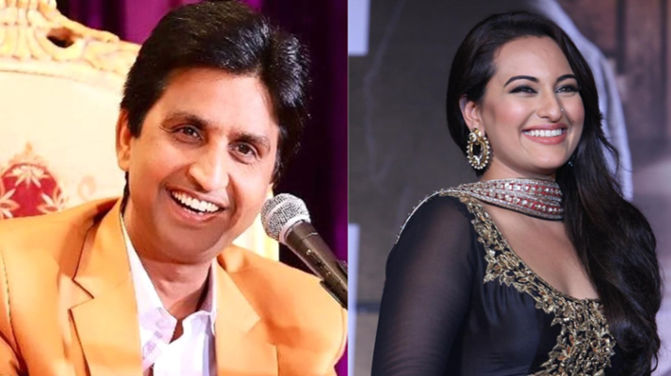Amidst the raging Covid-19 pandemic, the US is all set for its 59th quadrennial presidential election in November. The healthy economy and low unemployment had made President Donald Trump’s re-election prospects look brighter. However, the last six months tell a different story. The Trump administration’s handling of Covid-19 have led to more than 200,000 deaths. On the other hand, “the rising long-term unemployment and permanent job loss”, notwithstanding the declining unemployment rate, from 14.7 per cent in April to 7.9 per cent in September, signals prolonged economic malaise. Besides these, the Black Lives Matter protests which erupted in 100 American cities have turned the tide against him. Although the election results are anybody’s guess, a recent poll result shows Democratic candidate Joe Biden leading, albeit narrowly, both at the national level and in swing states like Florida, Michigan, Pennsylvania and Wisconsin.
The seemingly straightforward US elections now look unpredictable and that has generated considerable anxiety for countries like India that witnessed an upward trajectory of the bilateral relationship under the Trump administration. Besides, the Trump administration’s stance on China has also been reassuring for India which is engaged in a fatal standoff with China along its northern border. Therefore, given this dramatic shift in electoral momentum in the domestic politics of the US, at a time when geopolitical contestations are intensifying, it is no surprise that the election results are awaited eagerly in the Indian policymaking circle.
At the start of President Trump’s tenure, there were concerns in India regarding his stance on issues like trade, investment, China, Pakistan, terrorism, multilateralism, etc. Notwithstanding initial concerns, judicious diplomacy on both sides have intensified cooperation and mitigated damage. The conclusion of the Basic Exchange and Cooperation Agreement (BECA) aimed at exchanging geospatial data during the recent 2+2 dialogue point to the strategic momentum between both these countries. Besides, the Trump administration’s adoption of Free and Open Indo-Pacific (FOIP) and a competitive (read confrontational) outlook towards China have made India a ‘natural’ partner for the US. Barriers on New Delhi accessing sensitive military technology were removed and, subsequently, the bilateral defence cooperation and trade soared. The bilateral defence trade between both countries increased from $1 billion in 2008 to $18 billion in 2019. The recent standoff with China also highlighted the significance of American military purchases like C-130J and Apache aircraft in the large-scale mobilisation of troops and weaponries across the LAC.
Notwithstanding differences on the trade front and the US’s accusation of high tariffs, overall trade has witnessed a sharp rise. The US trade deficit with India declined from $27 billion to $21 billion in 2018. Similarly, the Trump administration’s stances on de-hyphenating Pakistan from India, cross-border terrorism in South Asia and China were more or less assuring. The decision to not interfere in India’s domestic decisions like Article 370 and the Citizenship Amendment Act (CAA) also augured well for India. However, there did exist some friction and a clash of interests. The decision to withdraw from the Obama-era Joint Comprehensive Plan Of Action threatened India’s energy security. Similarly, the passage of CAATSA targeting Russia risked major Indo-Russia defence deals including the S-400 weapon system.
DEMOCRAT VS REPUBLICAN
Joe Biden’s lead in the recent polls has raised questions in the minds of Indian policy elites about the Democrats’ policy towards India? It is being argued that the Biden administration will provide greater stability to US foreign policy. Issues like clamping down on immigration, Iran and the obsession with trade deficits won’t be as pronounced in the Biden administration like they are in the current Trump administration. Similarly, the Biden administration is expected to strengthen multilateral institutions which suits India’s view. However, there is a possibility that the Biden administration will be relatively vocal about India’s domestic politics. On the other hand, the re-election of Trump would mean a hardened US approach on Iran, immigration and trade deficits, which could throw certain challenges at New Delhi.
There are also concerns that the Biden administration would hyphenate India and Pakistan. However, much water has flowed down the Potomac since the 1990s. India with its $2.6 trillion economy and the ongoing US-China contestation seems to have assumed greater significance, which is a reality that any incumbent president in the US can’t ignore. Besides, Biden was the chairman of the Senate committee on foreign relations when the India-US civil nuclear agreement was signed in 2008. He was also a co-sponsor of the Naval Vessel Transfer Act of 2005. Joe Biden in his address to the Indian American community reaffirmed his commitment to the rules-based Free and Open Indo-Pacific and termed India as a natural partner in this regard. The salience of political acumen then shouldn’t be lost.
In addition to the US presidential election, the US Congress too is scheduled for elections in November. The Democrats’ victory in the closely contested seats (of Arizona, Colorado, Maine, Michigan, Montana, North Carolina, and Georgia) would help them gain a majority in the upper house. The US Congress can facilitate or veto important policy decisions vis-a-vis India. Therefore, both the presidential and congressional elections are important for safeguarding India’s interest.
CONTINUITY IN FOREIGN POLICY
The US’ policy towards India is driven by structural factors. It is then important for India’s policy elite to pursue issue-based alignment rather than boxing American political establishment in a pro/anti framework. Obama’s policy of supporting New Delhi as a major defence partner was advanced further by the Trump administration. Under him, India was elevated to Strategic Trade Authorization-1, allowing it to import high-end defence technologies like armed drones. The US Free and Open Indo-Pacific are aimed at balancing China by aiding India’s rise and that allows it to maintain its hegemony in international politics. To withstand an assertive China at its border, New Delhi needs to cooperate with the US. The US is the only country that has the requisite capability and its dominance is being challenged increasingly by China. India and the US are then on the same side and need to work together to balance (if not contain) China. This raison-d’etre is unlikely to change and therefore it is likely that the ongoing trend in the Indo-US relationship will continue.
This structural reality is independent of election outcomes and necessitates a long-term relationship between the ‘natural’ partners. Meanwhile, India needs to vigorously pursue its goal of being a $5 trillion economy. An economically vibrant, resilient and relatively prosperous India will be better positioned to navigate the complexities of the India-US bilateral relationship.
The writer is a researcher with Rashtram School of Public Leadership. The views expressed are personal.







